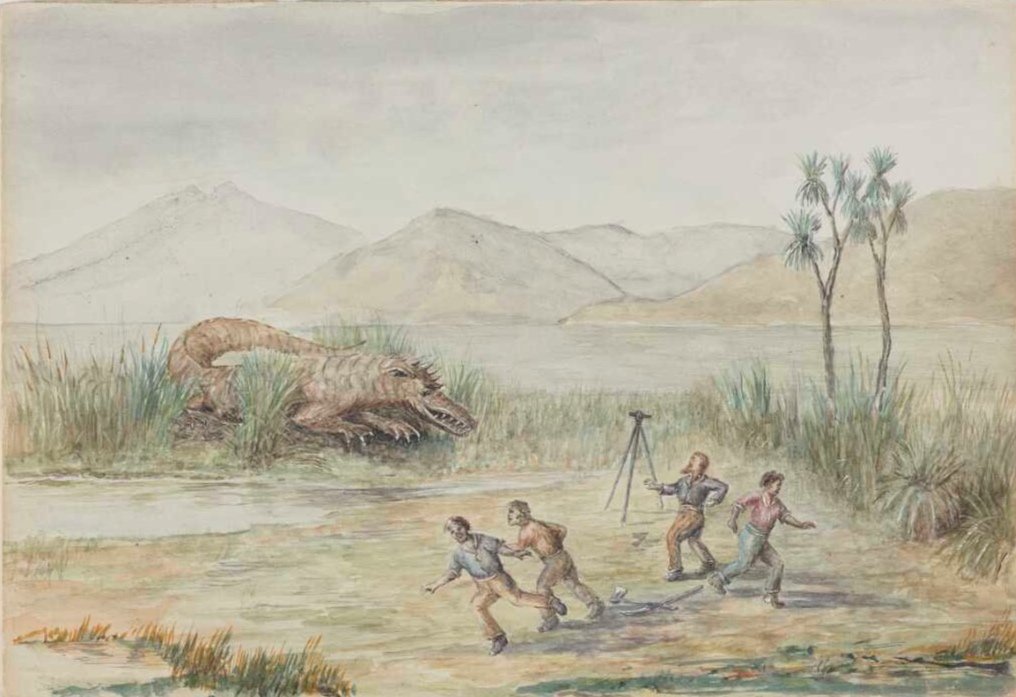
Waiata 46: He mea whakamāori, nā ngā Waiata a Wiremu Hākipia
A translation into Māori of William Shakespeare’s Sonnet 46
Kei te whawhai kaiākiri te ngākau me te kanohi nei,
Me pēhea te tohatoha i te take raupatu o tō tirohanga;
Tā te kanohi, he kaiponu i tōu āhua i te ngākau;
Tā te ngākau, he aukati i tō te kanohi mana herekore.
Ka whakapae te ngākau, kei roto i a ia anō koe noho ai,
He rūma tērā, kore rawa ngā kanohi e tapoko ki roto;
Engari, ka whakakore te kaikaro i taua whakapae,
Ka mea ia, kei roto i a ia anō tōu āhua pai takoto ai.
Hei whakarite i te kerēme nei, ka karangatia mai
He hūri ā-whakaaro, he kairēti katoa rātou ki te ngākau,
Heoi, mā ā rātou kupu whakatau e whakarite ai
Tō te kanohi pānga, tō te ngākau wāhi hoki:
Ka pēnei: he take tō te kanohi ki tōu āhua-ā-waho,
Ā, he tika hoki tō te ngākau ki tōu aroha-ngākau ā-roto.
Mine eye and heart are at a mortal war
How to divide the conquest of thy sight;
Mine eye, my heart thy picture’s sight would bar;
My heart, mine eye the freedom of that right;
My heart doth plead that thou in him dost lie,
A closet never pierced with crystal eyes;
But the defendant doth that plea deny,
And says in him thy fair appearance lies.
To find this title is empanelled
A quest of thoughts, all tenants to the heart,
And by their verdict is determined
The clear eye’s moiety, and the dear heart’s part:
As thus, mine eye’s due is thy outward part,
And my heart’s right, thy inward love of heart.

Image: The Kawau-tahi Taniwha, circa 1938, by Thomas William Downes. National Library, Wellington. Catalogue entry here.